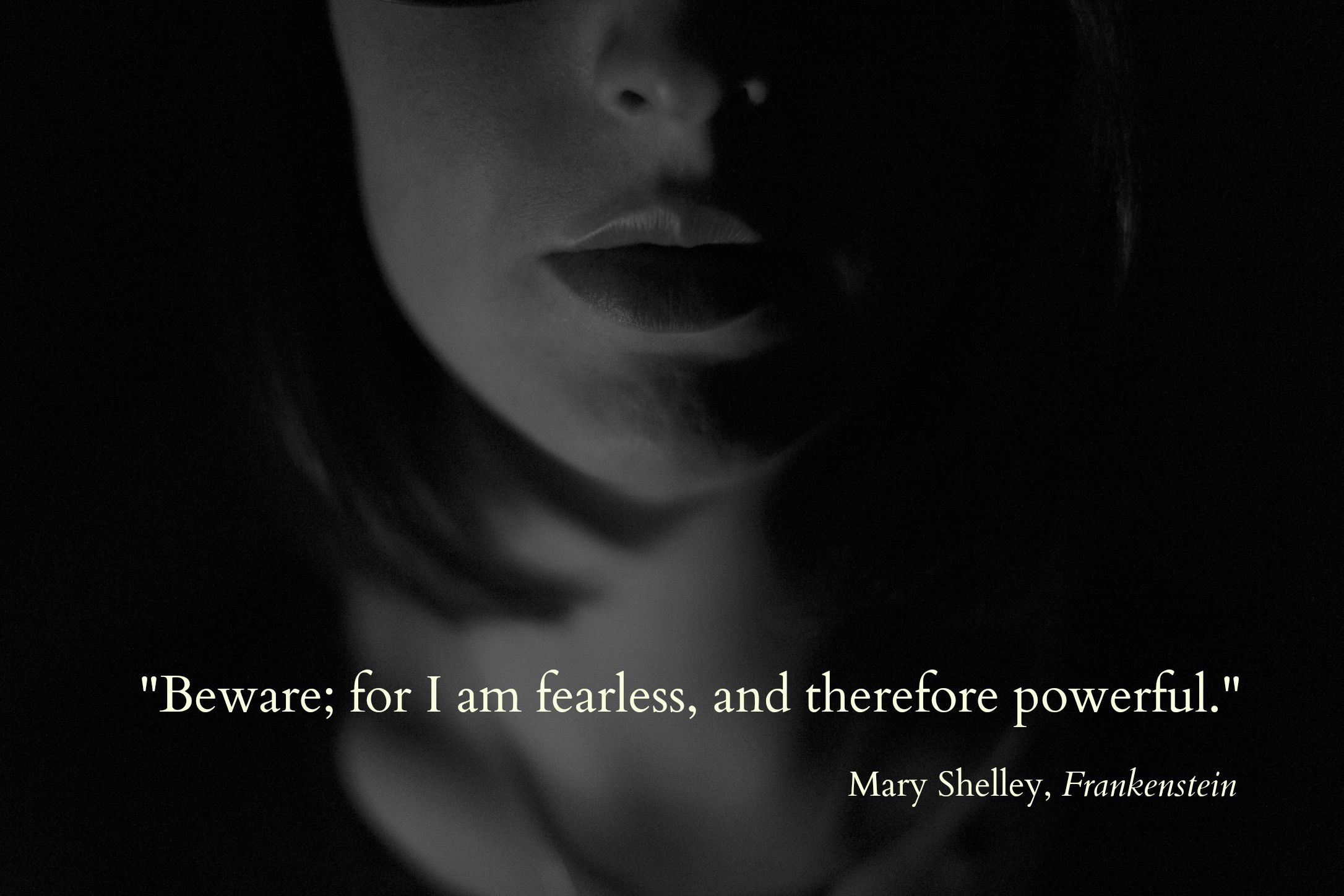Has anyone ever told you that you’re too hard on yourself? That’s a comment I’ve heard more than once. I usually laugh it off and respond with something like Are you kidding? I let myself get away with a lot! But the truth is, I’m guilty of putting a great deal of unnecessary pressure on myself.
Here’s an example: I’m obsessive about being on time. This, no doubt, links directly back to the fact that I was raised by an Army officer. There was no being late in my father’s world. But I don’t work for the military; I work in higher education. Professors’ relationship with time is . . . well, the charitable way to say it is flexible. The same is true of college students these days, as well.
Even if I’m a few minutes late for a meeting, I know I might still be the first to arrive. I know others will show up ten minutes late. When it comes to teaching, I have colleagues who routinely show up ten minutes into the class period. One colleague finally told the students in an early morning course just to count on class starting 15 minutes later than scheduled–obviously, she said, it was impossible for her to get there any earlier.
But in spite of the fact that I know all of this, I panic whenever I’m running behind. Two minutes or twenty, it makes no difference. Even when I’m running behind through no fault of my own, I feel flustered. I’m annoyed. Sometimes that feeling sticks with me for the rest of the day.
Notice what I’ve said, though: I panic. I’m annoyed. It’s my reaction to the situation that’s causing me to feel stressed–not the situation itself.
We all need a little bit of pressure in our lives. That’s what motivation is, after all: it’s pressure we apply to ourselves. But the positive pressure that allows us to get things done turns into stress when we attach negative feelings to it.
Think about that for a moment: whatever situation you’re dealing with, it’s your own negative perceptions that are creating the stress you feel.
When I’m running late, for instance, I feel incompetent. I didn’t anticipate whatever circumstance has me running behind schedule; I’m not managing my time effectively. So what if no one else cares? I do! And because I do, it’s pretty easy for me to imagine that others do as well, whether or not they say so. (Plus, I know how I feel when others show up late.)
So how do we keep ourselves from creating stress? Nicholas Petrie has some good suggestions. He argues that the first step is acknowledging what we’ve already established: that stress is the result of feelings inside you, not the situation around you.
We can start the process of managing those feelings by refusing to live in the world of our imagination. If no one is complaining about the fact that I’m occasionally a few minutes late, perhaps I can learn to trust that it’s really not a problem. The idea that others are silently condemning my irresponsibility is not a fact: it’s a fabrication. Surely I can take a moment to remind myself of that.
Another strategy for managing the stress response: take action. When I find myself dwelling in the world of imagination–where all that potential negativity lives–I can remind myself that I actually live out here, in the physical world. Out here, nothing appears to be terribly wrong. I can look out my office window and take note of the beautiful day, or have a pleasant conversation with a colleague. If I have time for a break, I can walk to the campus coffee shop and buy myself a latte. I can be in the very pleasant here, rather than dwelling in the imaginary there, where everything is a mess.
Petrie’s final suggestions speaks to me on a very personal level. People who create imaginary stress, he writes, “tend to catastrophize”–they see small problems as having the potential (and the likelihood) of turning into much bigger issues. That is absolutely true of me; I often jump to imagining the worst case scenario.
Instead, he suggests doing three things: contrasting, questioning, and reframing.
Contrasting is pretty self-explanatory: when you contrast your current situation with something more stressful (like the loss of a loved one), it’s easy to see how the current situation pales by comparison. Questioning involves simply asking “How likely is it that this will actually become a big deal?” and “How am I going to handle it if that actually happens?” These sorts of questions break a seemingly big conflict into bite-size pieces and put us back in control.
Reframing, on the other hand, asks that we view the situation from a completely new angle. Perhaps it’s actually hilarious that I was late for a meeting, given that I’m such a stickler for punctuality.
In the end, Petrie notes, we have to be willing to let go of whatever is causing the stress response–and we have to accept that our feelings are something we can control. This is easier said than done, of course. If it were easy to let go of the things that make us uncomfortable, we’d do that immediately.
But the best you can do in most situations is learn whatever lessons it has to teach you, then decide how you’re going to move forward. The pressure to make a change can actually a good thing, if we can figure out how to let it be.





No Comments